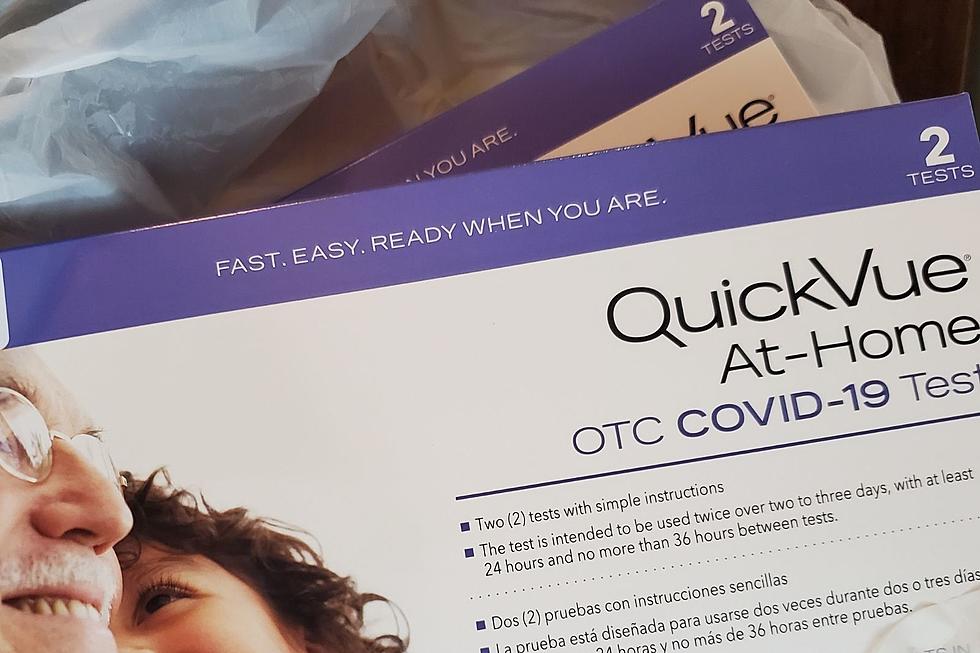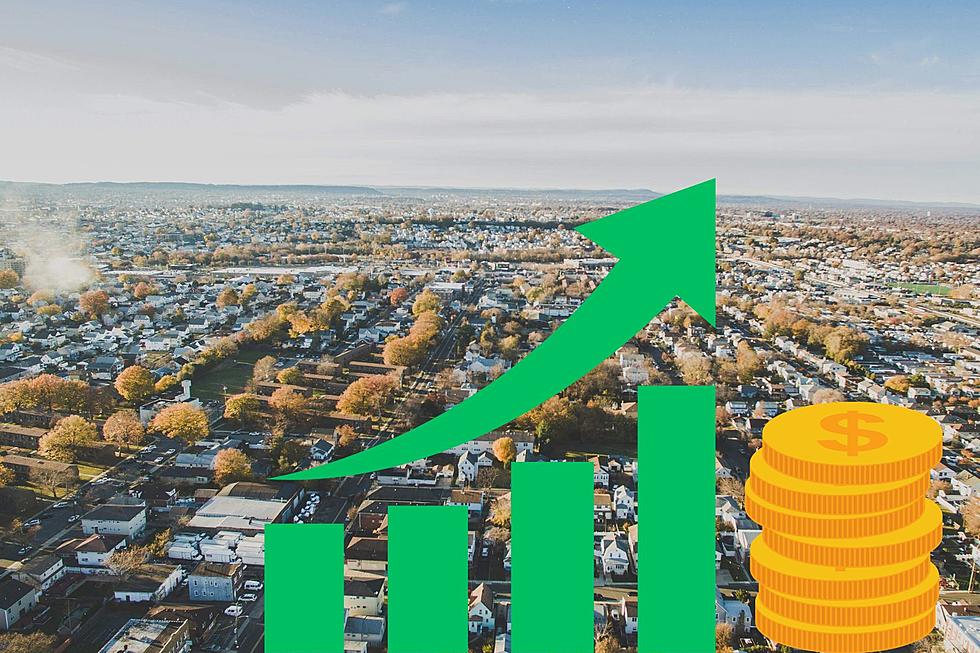
Don’t get too anxious over omicron, NJ hospital exec says
As the rush to test before holiday celebrations feeds into a spike in COVID cases, at least one New Jersey hospital CEO cautioned people against getting swept up in anxiety.
“I think the media should not send people in a frenzy,” CarePoint CEO Dr. Achintya Moulick said in a videotaped exchange with Hudson County View, regarding the latest COVID-19 surge, on both sides of the Hudson River.
He continued that the influx of hospital visits was largely outpatient, through the emergency room, and that admissions had remained “pretty flat.”
"We are in a very different place than we were a year ago — we have vaccines, we have boosters and we have all of the science that demonstrates the prevention/interventions like masking in indoor settings work to mitigate the spread of this virus" — CDC Director Rochelle Walensky on The Today Show.
The number of COVID patients in hospitals around the state crossed back above the 2,000 mark on Monday, for the first time since April.
There were 392 COVID patients in intensive care units on Tuesday. The last time that figure surpassed the 400 mark was in April, as well.
The state was showing unchanged hospitalization data on Wednesday as of 2:30 p.m.
The entire state of New Jersey remained at high transmission, according to the Centers for Disease Control and Prevention's COVID tracker, with a seven-day moving average of 258 hospital admissions as of Wednesday.
CarePoint has three New Jersey hospitals, Christ Hospital in Jersey City, Hoboken University Medical Center and Bayonne Medical Center.
As of Wednesday, the state reported 9,711 new cases and 2,579 likely cases based on test results.
Over-the-counter rapid tests have been selling out in pharmacies, while testing clinics have seen long lines of individuals, many asymptomatic, looking for some reassurance before family gatherings or travel.
The omicron variant accounted for around 73% of the nation's COVID-19 cases as of Monday, Walensky previously said. "This sharp rise is similar to what has been seen in other countries."
Since New Jersey’s first known case of the omicron variant early this month, there have been more cases to help experts try and draw evidence-based conclusions.
Do we know any more about vaccine effectiveness against omicron?
About 74% of the state’s population, 5 years and older, were considered fully vaccinated as of Wednesday.
The CDC said it “expects that anyone with omicron infection can spread the virus to others, even if they are vaccinated or don’t have symptoms.”
Despite the anticipation that being vaccinated doesn’t necessarily curb the spread of the newest known variant — health professionals continue to point toward strong evidence for vaccinations, including booster shots, as a way of avoiding severe symptoms.
Current vaccines still are expected to protect against severe illness, hospitalizations, and deaths due to infection with the omicron variant.
Are there any new treatments against COVID?
On Wednesday, the Food and Drug Administration granted emergency use authorization for the first antiviral pill against COVID-19, made by Pfizer.
The drug, Paxlovid, was authorized for high-risk patients most likely to get severe illness, 12 years and older, each weighing at least 88 pounds.
“Today’s authorization introduces the first treatment for COVID-19 that is in the form of a pill that is taken orally — a major step forward in the fight against this global pandemic,” Patrizia Cavazzoni, M.D., director of the FDA’s Center for Drug Evaluation and Research, said in a written statement.
“This authorization provides a new tool to combat COVID-19 at a crucial time in the pandemic as new variants emerge and promises to make antiviral treatment more accessible to patients who are at high risk for progression to severe COVID-19.”
Though it is expected to stay in limited supply for the near future, the pill can be taken at home, to reduce the risk of hospitalization and death.
“Based on the changed genetic make-up of omicron, some treatments are likely to remain effective while others may be less effective,” according to the CDC.
Are the symptoms for the omicron variant any different than other strains of COVID?
While results are still considered anecdotal and not based on scientific studies, NBC News reports people who are exposed to omicron appear to get sick faster and the most common symptoms might be slightly different than those of other variants.
In breakthrough cases among those fully vaccinated against COVID, infection with the omicron variant appears to present as mild symptoms similar to the common cold — such as fatigue, congestion or runny nose and a cough, according to the same report.
What about mask-wearing?
Despite rampant social media fiction and false information, health officials around the world have long recommended mask-wearing as an effective tool to stem the spread of COVID-19.
As the presence of omicron has widened, so has that advice from the World Health Organization as well as public health experts in both the U.S. and Europe.
Specifically, individuals are urged to upgrade their mask quality and materials, to those with respirator designations such as N95, KN95 and in Europe, FFP2 (which stands for filtering face piece).
The idea of wearing cloth masks earlier on in the pandemic was largely intended as a stop-gap while the supply of better quality masks was prioritized for healthcare workers.
Favorite holiday movies from your childhood that will never get old
Red flags for someone who claims to be from New Jersey
Answers to 25 common COVID-19 vaccine questions
NJ towns and their nicknames
More From 105.7 The Hawk










